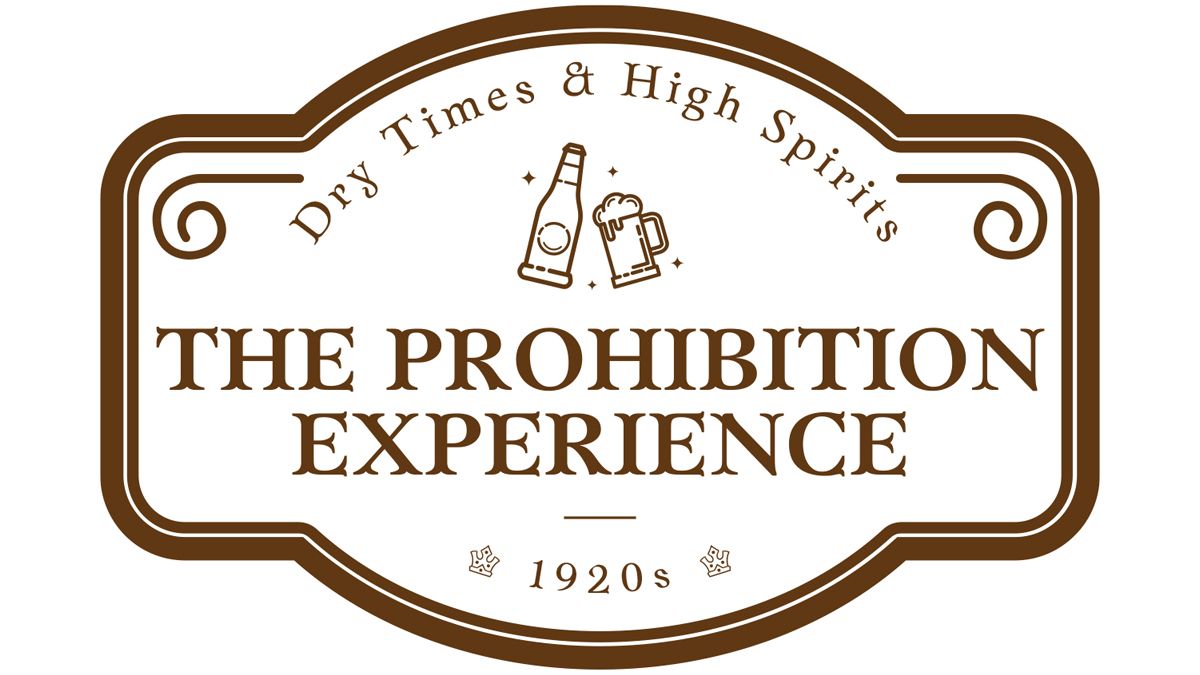Step back in time to the era of flappers, bootleggers, and bathtub gin as the Plymouth Historical Museum presents “The Prohibition Experience.” This immersive journey through one of America’s most fascinating historical periods invites you to experience firsthand the clandestine world of 1920s speakeasies. Whether you’re a history buff, a cultural enthusiast, or simply looking for a unique night out, this event promises to deliver education and entertainment in equal measure. Read on to discover what awaits at this special event and the rich historical significance it celebrates.
The Plymouth Historical Museum will transform into a lively 1920s speakeasy on Saturday, September 27, 2025, at 7:00 pm. Located at 155 S Main St in Plymouth, Michigan, this adults-only event requires attendees to be 21 or older. Tickets are priced at $50 for museum members and $65 for non-members, including entertainment, themed alcoholic drinks, and appetizers. Guests are encouraged to dress in period attire for an authentic experience, though this is optional. For more information, interested parties can call 734-455-8940.

- The Prohibition Experience: Step into history at the Plymouth Historical Museum. Source: allevents.in
The Prohibition era represents one of the most transformative periods in American social history. Beginning with the passage of the 18th Amendment in 1919 and the subsequent Volstead Act, the manufacture, sale, and transportation of alcoholic beverages became illegal nationwide from 1920 to 1933. This dramatic policy shift emerged from a mix of motivations: progressive reform movements, religious activism, anti-immigrant sentiment, and concerns about alcohol’s impact on family life and worker productivity. The Women’s Christian Temperance Union and the Anti-Saloon League were particularly influential in pushing the temperance agenda forward.
Once implemented, Prohibition fundamentally altered American society in ways both expected and unforeseen. While supporters hoped it would reduce crime and corruption, solve social problems, and improve health and hygiene, the reality proved far more complicated. Alcohol consumption initially decreased, but soon rebounded as illegal production and distribution networks developed. The law created a massive underground economy, transforming alcohol from a regulated industry to a criminal enterprise. Urban areas particularly saw the rise of speakeasies – illegal drinking establishments that became centers of a new social scene that challenged traditional gender roles and social boundaries.
At “The Prohibition Experience,” attendees will be transported to the world of secret passwords and hidden entrances that defined the speakeasy culture. Upon arrival, guests will whisper the password and sneak through a hidden stairwell to enter the transformed museum space. Inside, the roaring ’20s come alive with period-appropriate music, opportunities for dancing, and an atmosphere rich with vintage charm. The immersive environment recreates the thrill and danger that accompanied these illicit gathering spots, where Americans of all walks of life defied federal law for a taste of forbidden spirits.
Beyond mere entertainment, the event offers a tangible connection to a pivotal moment in American cultural history. Themed alcoholic drinks will be served, recreating popular concoctions from the era when bartenders had to mask the harsh taste of illegally produced spirits with mixers, creating many cocktails we still enjoy today. While enjoying these beverages and appetizers, participants will learn about Prohibition’s fascinating history through interactive elements and displays, mixing education with enjoyment in a way that brings this period to life in an engaging, multisensory experience.
Prohibition’s legacy extends far beyond its 13-year existence, profoundly shaping American culture, law enforcement, and politics. Perhaps most notably, it catalyzed the rise of organized crime in America. Figures like Al Capone built criminal empires worth millions by controlling the illegal alcohol trade, while corruption flourished among law enforcement and public officials. The era witnessed the federalization of crime control, with agencies like the FBI gaining prominence and power. When Prohibition was finally repealed with the 21st Amendment in 1933, it represented the only time in American history that a constitutional amendment had been reversed.
The influence of Prohibition on American drinking culture remains evident today. The speakeasy aesthetic has experienced numerous revivals, with contemporary bars often mimicking their secretive, exclusive atmosphere. Many classic cocktails were invented during this period as ways to mask the taste of inferior alcohol. The craft brewing and distilling movements that have flourished in recent decades can be seen as reactions against the industrialization of alcohol production that followed repeal. Perhaps most importantly, Prohibition’s failure taught valuable lessons about the limits of legislating morality and the unintended consequences of prohibition policies – insights that continue to inform debates about regulation and personal freedom in contemporary America.

